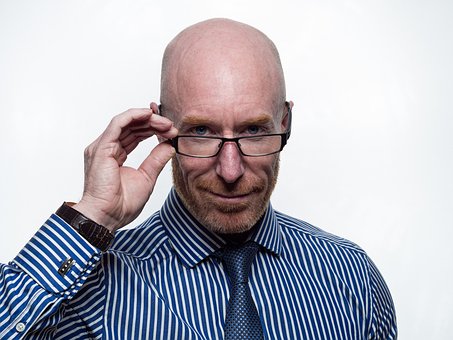An Introduction To Psychiatry
Within the field of medicine, psychiatry is a specialty that focuses on the mind. Doctors working in this field are responsible for diagnosing and treating disorders that affect the mental health, emotional well-being, or behavior of their patients. They also teach patients preventative strategies and techniques.
Doctors who specialize in mental health are known as psychiatrists. Before they can begin working, they have to obtain a medical degree, giving them the title of M.D. (Doctor of Medicine) or D.O. (Doctor of Osteopathic Medicine), depending on the path that they choose for their education. Once they are licensed, they can treat both the mental issues and physical problems associated with psychological disorders.

There are a lot of different reasons why people visit psychiatrists. In some cases, they are experiencing acute problems such as suicidal thoughts, unexplained visual or auditory hallucinations, or sudden panic attacks. In other cases, the problems are more chronic in nature and can range from ongoing feelings of hopelessness or despair to anxiety that never seems to go away.
Diagnosing Problems
Since psychiatrists are licensed medical doctors, they can order lab tests and psychological tests for their patients. Along with these tests, they also talk with their patients to gather more information about what they are feeling. Together, the medical tests and the discussions can help the psychiatrist make an accurate diagnosis. In school, psychiatrists learn about how emotional health relates to everything from genetics to different types of illnesses. Using this knowledge, they can evaluate the specific details surrounding a patient ranging from their medical information to their family history to diagnose the problem and come up with an effective treatment protocol.
The various diagnoses are defined in a manual published by the American Psychiatric Association known as the Diagnostic and Statistical Manual of Mental Disorders. This manual is filled with detailed information on various mental disorders including their symptoms and a description of how they affect patients.
Treatment Options
There are a number of different methods psychiatrists use to treat mental health problems. Along with psychotherapy and medication, they also sometimes use other treatment methods like psychosocial interventions or electroconvulsive therapy. Each treatment protocol is customized for the patient.
With psychotherapy, which is also known as talk therapy, the psychiatrist talks with the patient, discussing their problems and coming up with solutions. This treatment method is used for a number of different mental and emotional problems. At its core, it aims to help patients manage or eliminate their symptoms so that they can live their lives to the fullest. Some problems are easy to treat and can be resolved in just a few sessions. Others are more complex and may require ongoing treatment for a number of years. This type of therapy not only works with individuals but also can be used for couples, families, or groups.
The specific nature of the psychotherapy can vary since there are quite a few different forms available. For instance, some forms of psychotherapy are designed to change the thoughts or behaviors of patients. Others focus on helping patients evaluate how incidents or relationships from their past have affected their current behavior. One of the most popular types of psychotherapy is cognitive behavioral therapy. With this option, psychiatrists help their patients use problem-solving skills to achieve specific goals. Psychoanalysis, on the other hand, is one of the most involved forms of psychotherapy. Patients who undergo this treatment typically attend sessions for a number of years.
Psychiatrists also use medications to treat the physical problems associated with mental disorders. Underlying problems such as chemical imbalances can contribute to mental or behavioral problems. Medication can help correct these problems, allowing patients to achieve balance again. Psychiatrists prescribe these medications based on their medical diagnoses.
Patients who need to be on medication for a long period of time are continually monitored to make sure that the medication is still effective and that they aren’t experiencing any unwanted side effects.
